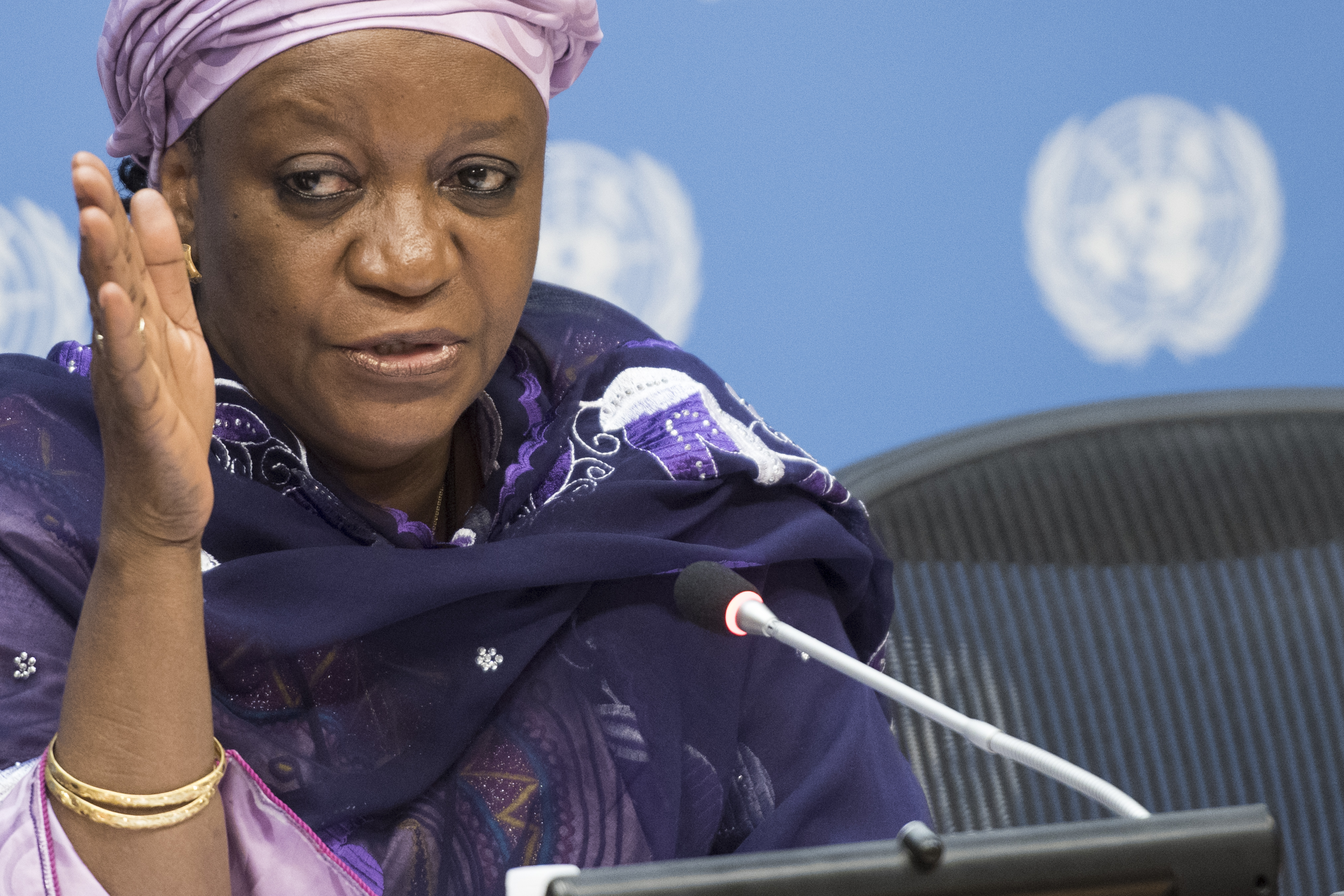With the very first International Day for the Elimination of Sexual Violence in Conflict marked on 19 June, 2016 has become a momentous year of landmark convictions for sexual violence in international criminal law. The UN Secretary-General Ban Ki-moon announced that the age of impunity has now come to an end with convictions at the domestic, regional and international level.
In February the Supreme Court in Guatemala city found justice for the surviving Indigenous Mayan Q’eqchi victims who were forced into sexual slavery during the country’s civil war for a duration of six years. The two military officers were prosecuted for crimes against humanity by a female Attorney-General and a female presiding judge sentenced them to 30 years for crimes against humanity and another 90 for murder and 210 for forced disappearances of the husbands of some of the female victims.
The ruling was a revolutionary case in the ongoing fight to end impunity for the gender violence in armed conflict that has gone on as a matter of course in wars since time immemorial. Despite treaties, conventions and widespread customary international law, domestic courts have allowed military and political leaders impunity for rape, even while activist groups like Human Rights Watch provided clear evidence that rape was being used as a weapon of war.
The Guatemalan conviction was the first time in the world where the sexual slavery during armed conflict was convicted in the nation where it had been committed.
In May, the Extraordinary African Chambers in Senegal’s capital, Dakar, convicted Hissène Habré, for war crimes, crimes against humanity (rape and sexual slavery) and kidnapping. The former president of Chad was sentenced to life in prison after a 16-year case and was the first time a former African leader was made accountable for the use of rape as a weapon of war.
The International Criminal Court (ICC), presided by a panel of three female judges, brought down a guilty conviction against the former Congolese Vice-President, Jean-Pierre Bemba, for sexual and gender-based crimes committed over the border in the Central African Republic. The success for this case is historically significant, as it has finally set the precedent for cases of this nature after the ICC had seen two acquittals for wartime rape in previous cases.
Conditions of conflict leave women and children especially vulnerable when society collapses and rule of law falls by the wayside. Particularly in situations where the conflict may end with the perpetrators in positions of political and military leadership, the culture of impunity has been an ongoing battle for women’s justice organisations.
While these cases have shown a substantial success in ending this era of impunity, much work remains to be done to change the cultural ideals behind these acts of violence.
The United Nations Special Representative on Sexual Violence in Conflict, Zainab Hawa Bangura, has continued her work in the region of Africa, visiting the Cote D’Ivoire to check that the national armed forces have implemented the operational and practical steps to prevent such crimes according to the Forces Républicaines de Côte d’Ivoire Action Plan.
As this brave struggle continues, women the world over as lawyers, judges, advocates, activists, victims and leaders have come together to make the progress that has so far been seen in this landmark year. The culture of impunity is at its end and the world can finally see justice and accountability for the upper echelons responsible for these gender-based crimes.
